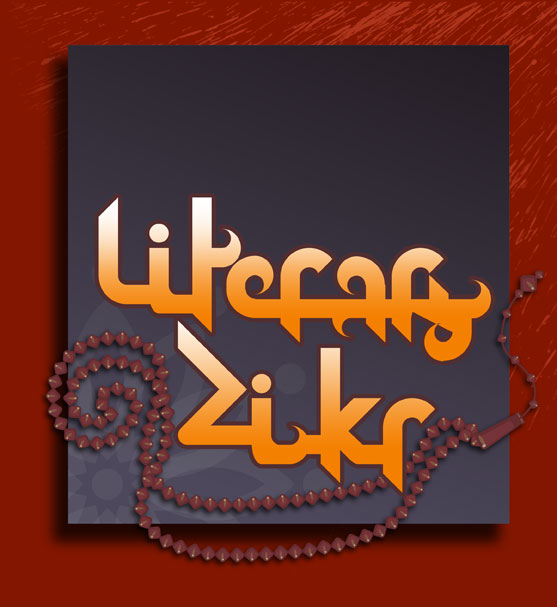MPV endorses the human rights, civil rights and civil liberties of lesbian, gay, bisexual and trans-gender individuals.
MPV is currently working on a scholarly paper documenting the basis of LGBQT rights in Islamic law; in the meantime, links to documents and organizations discussing LGBQT Rights from a Progressive Muslim perspective appear below.
While we respect the recent decision handed down by the California Supreme Court, we unequivocally reject the content of Proposition 8. We believe that discrimination should never be written into law, and Prop 8 represents one of the few cases in which a constitution has been specifically altered to include discriminatory language. MPV will continue to advocate for the rights of same-sex couples, and we look forward to seeing Prop 8 reversed in the near future.
LGBTQ Rights




On 29 May 2009 the well-known Islamic scholar Tariq Ramadan published an article entitled "Islam and Homosexuality" in which he argued that "all the worlds’ major religions and spiritual traditions—from the majority view in Hinduism, Buddhism and Judaism to Christianity and Islam—condemn and forbid homosexuality." MPV member Jack Fertig wrote the following response, which we are now pleased to publish on our website.
The way homosexuality and Islam are being positioned against each other creates a false dichotomy and does no favors for GLBT folks or for Muslims. One of the more interesting facets of this issue is how many people who have been outspoken anti-gay “defenders of tradition” have suddenly decided to include gays in their defense of Western Culture. "Friends" like this nobody needs.
Brother Tariq here takes on quite a few issues, rather confusing the point. But one of the beautiful things about Islam is that it recognizes that we all bring our own backgrounds, biases, and information gaps to any argument and should listen to diverse opinions with respect.
by Pamela Taylor, co-founder of Muslims for Progressive Values
Originally printed in the Newsweek / Washington Post feature On Faith
Like the Bible, and most other religious texts, the Qur'an doesn't have any verse that says, "God has made you black and white, male and female, straight and gay. Be you as brothers to one another, working, eating, praying, loving as one family." On the other hand, it also does not say "Marriage is only between one man and one woman," or even "between one man and up to four women."
There is a clear assumption in many passages in the Qur'an that marriage is between men and women. Passages that talk about how a couple should decide when to wean a child, what times of day it is permissible to have sexual relations during Ramadan, or what to do when conflict arises and a divorce seems the best solution.
But other passages -- passages that talk about the fundamental nature of human relationships as a duality -- do not have a gender dichotomy. The word "zauj," often translated as mate or spouse, signifies one half of a partnership, both husband and wife. This is a powerful concept which affirms the fundamental equality of both spouses and leaves room for a genderless conception of human partnering.
Quranic Values as an Inspiration for Gay Marriage
Response to Tariq Ramadan
Read more >>
Read more >>
LGBTQ Outside Resources
Note that these links are to outside organizations not affiliated with MPV.
MPV offers same sex officiant services in Los Angeles, Atlanta and Washington D.C. Officiants will also travel.
Los Angeles: info@mpvusa.org
Washington D.C.: daayiee@aol.com
Atlanta: kelly@mpvatlanta.org
Los Angeles: info@mpvusa.org
Washington D.C.: daayiee@aol.com
Atlanta: kelly@mpvatlanta.org
Sexual diversity in Islam:
Is there room in Islam for lesbian, gay, bisexual and transgender Muslims?
By Dr. Scott Siraj al-Haqq Kugle | Adapted for MPV by Tynan Power
© 2010 Muslims for Progressive Values
Is there room in Islam for lesbian, gay, bisexual and transgender Muslims?
By Dr. Scott Siraj al-Haqq Kugle | Adapted for MPV by Tynan Power
© 2010 Muslims for Progressive Values
